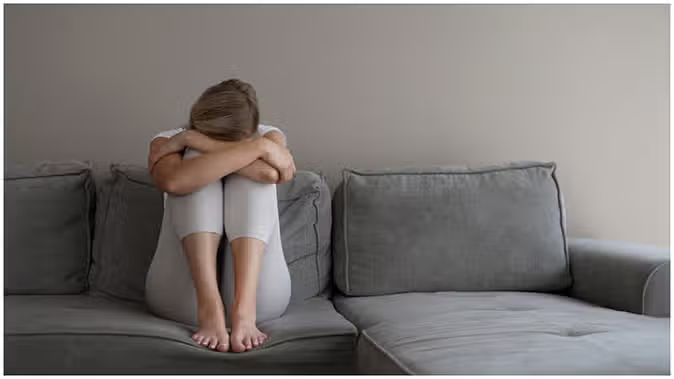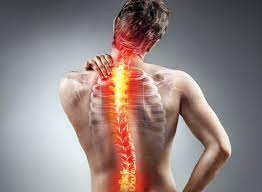The time of pregnancy and delivery is considered challenging for women's health in many ways. This is the reason why health experts advise to take special care of health during these days. There is a risk of diabetes during pregnancy, while after the birth of the child, many diseases can also arise due to many types of chemical changes in the body. Postpartum depression is one such rapidly growing problem, the risk of which has been seen increasing rapidly in the last decade.

Postpartum depression or postpartum depression (PPD) is a serious mood disorder that is more commonly seen within the first year after delivery. According to statistics, one in every eight women can have this problem. Due to this, many types of difficulties can arise in life.
Let us know how postpartum depression can be identified?
Problem of postpartum depression
Are you also feeling abnormal sadness for some time after delivery? Do you often have mood swings, feel like crying or feel extremely tired? If yes, then be careful, this can be a sign of postpartum depression.
Health experts say, postpartum depression is a serious condition that can last for several months. If it is not diagnosed and treated on time, many types of physical and mental health problems can occur.
What are the symptoms of postpartum depression?
If you have the problem of postpartum depression, then you are not alone, a large number of women around the world are victims of it. It is just necessary to identify and treat its symptoms on time. If you are facing any such problem, then definitely consult a specialist.
Often feeling sad, disappointed or guilty.
Excessive anxiety.
No interest in things that you were interested in earlier.
Loss of appetite and lack of energy.

Excessive crying without any reason.
Difficulty in thinking or concentrating.
Having suicidal thoughts (These are considered serious signs.)
What to do if there is postpartum depression?
Health experts say that doctors may recommend some medicines and therapy to people who are diagnosed with post-mortem depression. A combination of medicines and therapy can help reduce symptoms. Apart from this, making changes in lifestyle and diet is also beneficial in reducing the symptoms of depression. Making a healthy lifestyle and physical activity a part of the routine can help reduce problems.
(PC: Freepik)










